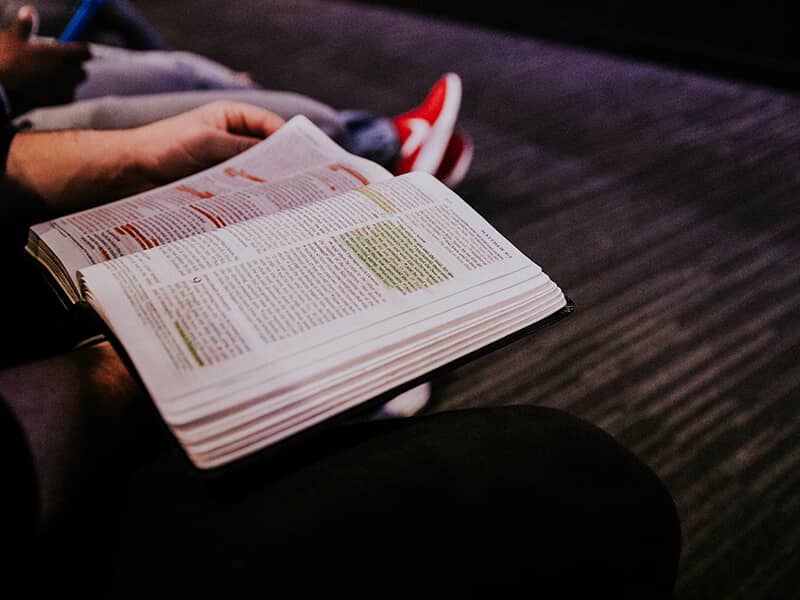BIRMINGHAM, Ala., May 18 (AP)--Two former Ku Klux Klan members charged with murder in a 1963 church bombing that killed four black girls maintained their innocence as prosecutors sought to bring closure to one of the worst crimes of the civil rights era.
Thomas Blanton Jr. and Bobby Frank Cherry are accused of conspiring 37 years ago to bomb Birmingham's Sixteenth Street Baptist Church. Both surrendered Wednesday to face state murder charges and were jailed without bond.
The Sept. 15, 1963, bombing was a watershed moment in the fight for civil rights - a crime so horrific it galvanized the movement and spurred moderates in the South and elsewhere to embrace the cause.
The Rev. Fred Shuttlesworth, a pastor in Cincinnati who led demonstrations in Birmingham in the 1960s, said the arrests were good not just for the victims' families but others who suffered in a reign of Klan violence in Birmingham.
``It brings some relief,'' Shuttlesworth said.
The Rev. Christopher Hamlin, pastor of the Sixteenth Street church since 1990, said there is a ``strong sense of some beginning of a conclusion'' to the bombing.
But relatives of the victims worry it will be difficult to obtain convictions in the bombing after so long.
``It remains to be seen whether this evidence will warrant justice,'' Dianne Braddock, sister of victim Carole Robertson, said today on ABC's ``Good Morning America.''
Blanton, 61, of Birmingham, and Cherry, 69, of Mabank, Texas, are suspected of plotting with former Klansman Robert Chambliss to bomb the church. Chambliss was convicted in 1977 and died in prison in 1985. A fourth suspect, Herman Cash, was never charged; he, too, is dead.
Over the past year, some of Cherry's family members have appeared before a federal grand jury, and have said publicly that he talked of helping plant the dynamite. U.S. Attorney Doug Jones wouldn't say what led to a break in the case after nearly four decades.
The charges are the latest efforts by prosecutors in the South to bring to justice those responsible for racial crimes during the civil rights era.
In 1994, Byron de la Beckwith was convicted in the 1963 assassination in Jackson, Miss., of NAACP organizer Medgar Evers. In 1998, former KKK leader Samuel Bowers, 73, was found guilty in the 1966 firebomb death of Mississippi civil rights activist Vernon Dahmer.
The church bombing shocked the nation, coming just months after police in Birmingham used dogs and firehoses to drive back black marchers.
The explosion demolished an outside wall of the church and killed the girls, who were in a basement restroom preparing for a youth program. Besides Carole, 14, they were Denise McNair, 11; Cynthia Wesley, 14; and Addie Mae Collins, also 14.
Blanton and Cherry for years have denied any role in the bombing.
Mickey Johnson, Cherry's lawyer, said his client is in ill health. ``He wants the world to know his story, and he thinks he'll be vindicated,'' said Johnson.
Blanton wrote in a 1997 letter to The Birmingham News that he was not to blame for the bombing.
Blanton and Cherry each were charged with eight counts of murder - two counts covering each of the four slain girls. One count was for intentional murder and the other involved ``universal malice'' because the bomb was placed where it could have killed any number of people.
If convicted, each suspect could be sentenced to life in prison with the possibility of parole.
Jones said the evidence was best suited to state charges rather than federal ones. He said the capital murder statute on the books in 1963 could not be used because it was replaced in the 1970s after the U.S. Supreme Court struck down capital punishment.
The initial federal investigation into the bombing resulted in no charges, though the FBI named the four Klansmen as suspects. After the probe that led to Chambliss' conviction, the case was reopened in 1980 and 1988, without additional charges.
It was reopened again in 1997, the same year the bombing was the subject of director Spike Lee's Oscar-nominated documentary ''4 Little Girls.''
Cherry was arrested last month on sex abuse charges. His former stepdaughter, Gloria Jean LaDow, last year publicly accused him of assaulting her near Birmingham 29 years ago. Cherry appeared in court in Columbiana, Ala., on May 8 and remained free on $50,000 bond until his arrest Wednesday.
Though many said the charges were long in coming, others questioned the point of pursuing the case.
``I'm sorry it all happened, but it needs to be buried and put aside and let the city go on,'' said Stan Leo, a white resident who was 16 when the church was bombed. ``Why keep bringing up the past?''
In Atlanta, Martin Luther King III, son of slain civil rights leader the Rev. Martin Luther King Jr., said it was ``unfathomable'' it took so long to bring the alleged murderers into custody.
``My father's heart was broken when the four little girls who were dressed for Sunday school were murdered inside the sanctuary of the Sixteenth Street Baptist Church in 1963,'' King III said.
Added Stanley Wilson, a 39-year-old black man from Birmingham: ``They should have taken care of this a long time ago.''

| Copyright 2000 Associated Press. All rights reserved. This material may not be published, broadcast, rewritten or redistributed. |

Legal Disclaimer - Copyright c2000 - iSyndicate, Inc.

